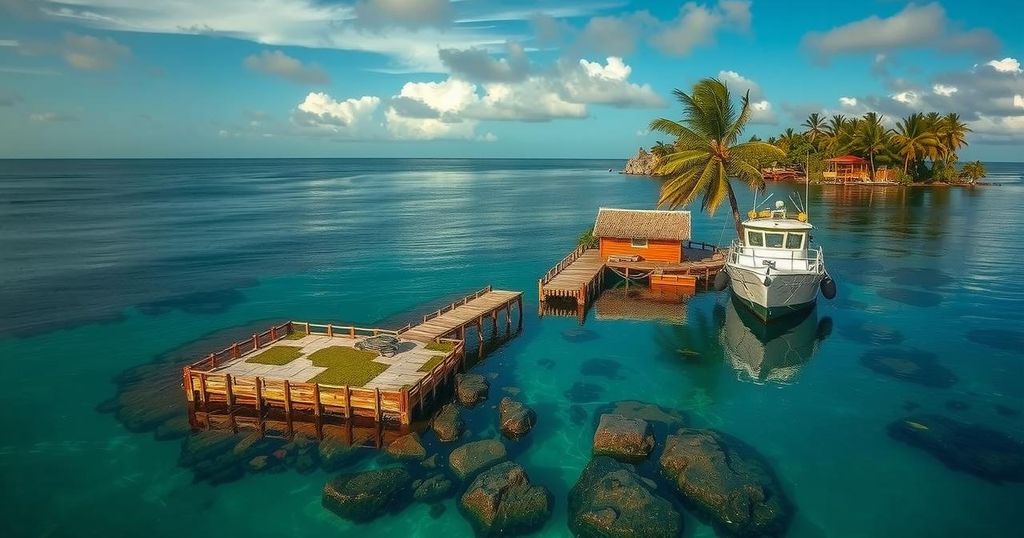The International Court of Justice has started hearings on a landmark climate change case involving small island nations like Vanuatu, which seek accountability from major polluting nations. The hearings focus on state obligations regarding climate action amidst rising sea levels and increasing global temperatures. Notable statements from Vanuatu officials underscore the urgency and existential threat posed by climate change. The ruling could inspire further legal actions despite being non-binding, setting important precedents in climate policy.
The International Court of Justice (ICJ) commenced hearings for a significant climate change case, marking a pivotal moment for small island nations threatened by rising sea levels due to climate change. These nations are urging accountability from major polluters and seeking clarity on state obligations concerning climate action. The court has received an unprecedented lineup of 99 countries and numerous intergovernmental organizations participating in the two-week hearings.
Arnold Kiel Loughman, the attorney general of Vanuatu, emphasized the dire consequences of climate inaction for vulnerable populations, stating, “The survival of my people and so many others is on the line.” The hearing aims to address the legal obligations of states to mitigate environmental harm and support nations disproportionately affected by climate change. Despite the advisory nature of the court’s decision, it holds the potential to influence domestic legal actions against responsible states.
The rise in global sea levels, averaging approximately 1.7 inches over the past decade, alongside a 1.3°C increase in global temperatures since pre-industrial times, exemplifies the urgent crisis faced by these island nations. Vanuatu’s climate change envoy, Ralph Regenvanu, pointed out that emissions have soared by over 50% since 1990, indicating a gross failure by historically high-emission countries to address the climate crisis adequately.
At the recent United Nations climate meeting, nations agreed to support vulnerable countries but fell short of the necessary funding levels identified by experts. Vishal Prasad from Pacific Islands Students Fighting Climate Change expressed the existential threat to their future, declaring a need for the ICJ to uphold the rights of those on the frontline of climate impacts. The hearing explores crucial legal questions about international obligations to protect the climate and the consequences for nations that neglect these duties, particularly concerning small island developing states.
The judges have also been briefed on scientific findings regarding climate change, guiding their deliberations on these significant matters.
The case brought before the International Court of Justice is unprecedented in its scale and implications, focusing on the dire situation faced by small island nations such as Vanuatu. These nations have been vocal about their plight caused by climate change, primarily due to the actions of larger, industrialized countries. With rising sea levels and extreme weather events posing imminent threats, island nations are advocating for legal clarity and accountability in international climate policy. The long-term goal of the hearings is to establish binding commitments to mitigate climate change and protect vulnerable populations at risk of disappearance due to environmental degradation. The court’s findings, though non-binding, are expected to hold significant moral weight and could set precedents for future legal challenges.
The proceedings at the International Court of Justice signify an essential step towards addressing the climate crisis through legal mechanisms. With small island nations seeking accountability from major polluting countries, the hearings may shed light on the obligations of states under international law. While the final decision will serve as advisory guidance rather than enforceable mandates, it could catalyze further legal actions and foster a global dialogue on climate responsibilities, ultimately influencing policies to better protect vulnerable populations.
Original Source: www.irishnews.com






